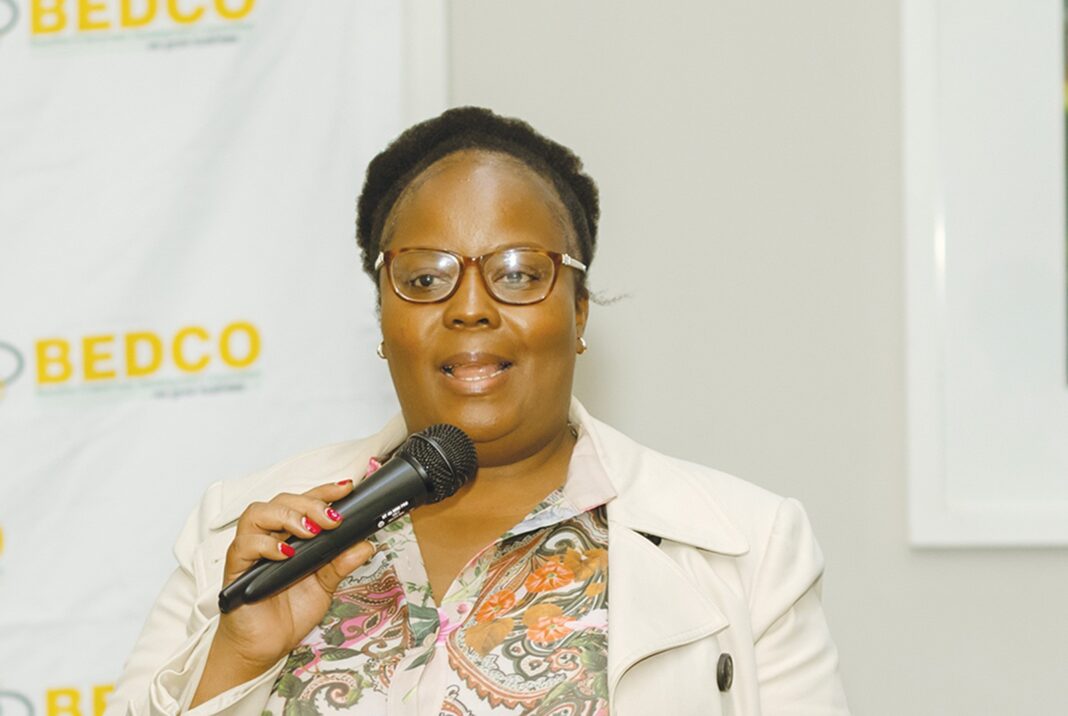By Neo Kolane
The Basotho Enterprises Development Corporation (BEDCO) will hold a women’s mentorship programme where a pool of potential mentors will pass on their knowledge to the participants.
This was revealed during a mentorship engagement session in Maseru this week which comprised of women in positions of power across various Lesotho-based organisations.
Mentorship is defined as the guidance provided by a mentor, especially an experienced person in a company or educational institution.
The executive head enterprise development of BEDCO Lemphane Lesoli said over a month ago, BEDCO hosted an event where the power and the mighty contained within the global women’s month was commemorated.
Lesoli said BEDCO then decided to carry forward the engagement pertaining to the establishment of a women’s mentorship programme.
He said a mentor will have a maximum of two mentees to be groomed
He also said that there is a list of mentors and a database of small medium enterprises which also reflects their challenges.
Lesoli explained that the incubation business initiatives being undertaken have shown a glaring gap that needed to be capped.
The chief executive officer of BEDCO, Idia Penane, said from today submission of profiles will be shared with potential mentees which will be followed by advertisements calling for applications from the to-be mentees.
“Meetings and signing of contracts and setting of goals and will then follow with the periodic checks starting on July 29 while on July 28 2023 will be the closure of formal mentorship relationship,” she said
Penane said according to the global entrepreneurship study survey 2020-2021, an estimated 274 million women globally are involved in business start-ups in addition to 139 million women owners and managers of established businesses and 144 million women as informal investors globally.
“Globally, 30.2 percent women entrepreneurs surveyed expected to hire six or more employees in the next five years compared to 48 percent of men entrepreneurs.
“Not only are women approaching parity with men in start-up activities, but they are highly involved in high-growth entrepreneurship and clearly making a significant impact in their markets, communities and national economies.
“In sub-Saharan Africa, one out of every four women has started or manages a business. The percentage of women declines as the size of the businesses increase. The medium and large size enterprises are dominated by male.
“Most women entrepreneurs remain informal or in traditional trades – worldwide, at least 30 percent of women in the non-agricultural labour force are self-employed in the informal sector, in Africa, this figure is 63 percent,” Penane said.
Penane revealed that 59 percent of micro, small and medium-sized enterprises owners in Lesotho are women.









